
Melanie Montinard, Mawon, Brazil

Camila Pinto, Migraflix, Brazil
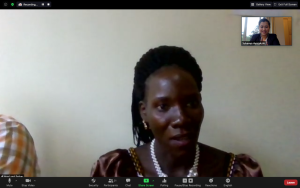
Esther Yanya, South Sudanese Refugee Entrepreneur from Uganda

Noel Lilija, Microfinance Officer, CRESS UK, Arua, Uganda
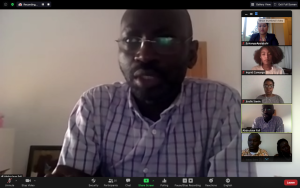
Abdoulaye Fall, Self Funded Communities ACAF, Barcelona, Spain

Talal Al-Tinawi, Syrian Refugee Entrepreneur in Brazil

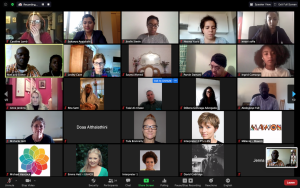

Debora Gonzaga Brassau Brazil

Sayma Ahmad, Co-Founder and Honorary Chair, Unity in Vision, Dorset UK
Globally, there are 65 million people forcibly displaced from their homes (WHO, 2019). Achieving legitimacy and acceptance and integration into the host community remains a challenge in most host countries with an increased inflow of displaced populations. What do refugees hope for? Safety, security, an ability to carve out a future for themselves and their loves ones and retaining the dignity of being a human being.
We recently concluded a study in Uganda,Brazil and Spain exploring how displaced populations seek and achieve legitimacy through the routes of entrepreneurship in collaboration with co-host Jiselle Steele. This study allowed us the opportunity to engage with displaced communities and individuals whose resilience, perseverance the the zeal to thrive, not just survive, showcases the true essence of the human spirit. Not only that, with the entrepreneurial offerings they created they are making huge community impacts to support others in the same circumstances as them- an empowerment pathway through entrepreneurship.
With the rapid developments in the pandemic sweeping our world, all the policy discussions around economic recovery has managed to not take into consideration the plight of the displaced populations engaged in business activities, mostly in the informal sectors.
This year, as part of the Global Entrepreneurship Week 2020, BU Social Entrepreneurs Forum (BUSEF), organised an event to celebrate the work of refugee entrepreneurs and support organisations that empower the displaced populations in integration and their entrepreneurial ambitions.
On the 18th of November, 2020, BUSEF brought together refugee entrepreneurs and support organisations from Uganda, Brazil, Spain and the UK. Esther Yanya, a 27- year old South Sudanese refugee, living in a displacement camp in Arua, Northern Uganda shared with us her harrowing story of walking across hundreds of miles with two very young children and arriving to no support, no food and so shelter. The work of Cress UK-led by Caroline Lamb (Founder and Chair or Trustees) and Noel Lilija, Project Lead at CRESS Arua, an aid organisation working to support refugees in medical care, education, agricultural training and microentrepreneurship- was the turning point in Esther Yanya’s life and now she not only leads a savings group based business in tailoring (She was wearing the most stunning dress similar to these Peaches Boutique white dresses for prom she crafted herself) but is also empowering other women in the displacement camp to achieve financial independence and a future for themselves.
Talal Al-Tinawi joined us from Brazil where he is a Syrian refugee and a gastronomy business owner. Having had to leave his mechanical engineering business in Damascus, Talal shared with us the role that society plays in integrating refugees like himself. The institutional barriers not withstanding, the role of social inclusion in allowing emotional security to refugees is something that is not well researched or discussed. Supported by Migraflix, Talal set up his gastronomy business, in the absence of being able to get employment.
What is quite extraordinary about both Talal and Esther is that, not withstanding their personal circumstances, they think of the community around them and how to support, how to empower. Talal has been working tirelessly to provide food to those vulnerable during this pandemic.
In addition to the refugee entrepreneurs, the event brought together Migraflix, Mawon, Brassau from Brazil and Cress UK with team from UK and Uganda, Self Funded Communities ACAF from Spain and Unity in Vision, Dorset, UK.
So what was the potential impact of an event such this? The obvious answer is of course, raising awareness and building the momentum in this conversation but also and critically, gaining increased visibility for the individuals who identify themselves and refugee entrepreneurs and the critical work that the support organisations do independent of and with very little state/institutional support.
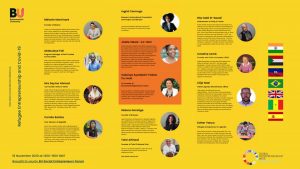













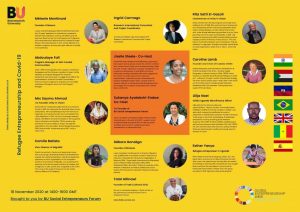


 Engagement: Bournemouth University), on 14th October 2020, undergraduate Psychology Students interacted with students from Symbiosis School of Liberal Arts (SSLA) engaged in the UNESCO Story Circles. This event was planned to provide an opportunity for the stude
Engagement: Bournemouth University), on 14th October 2020, undergraduate Psychology Students interacted with students from Symbiosis School of Liberal Arts (SSLA) engaged in the UNESCO Story Circles. This event was planned to provide an opportunity for the stude funding to support 10 UK Psychology Students and Staff to visit India. This initiative receives further support from Global Engagement Hub, Bournemouth University.
funding to support 10 UK Psychology Students and Staff to visit India. This initiative receives further support from Global Engagement Hub, Bournemouth University.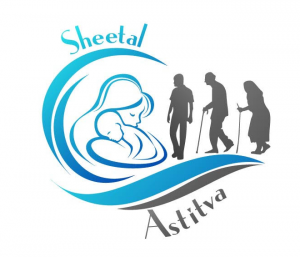

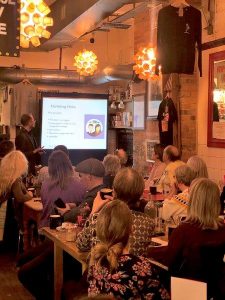 At this month’s
At this month’s 
 If you have any questions please do
If you have any questions please do 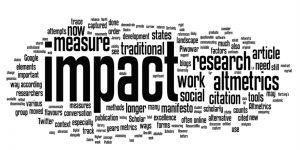
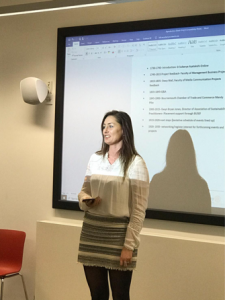

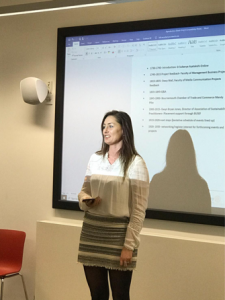
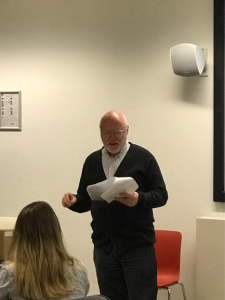
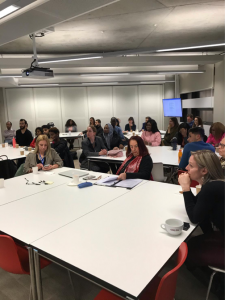
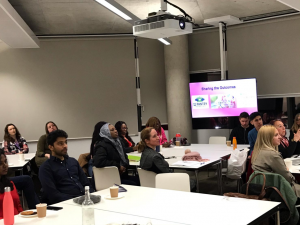
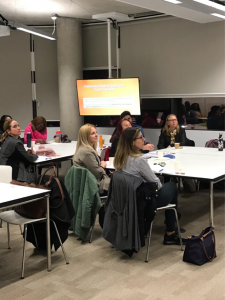

















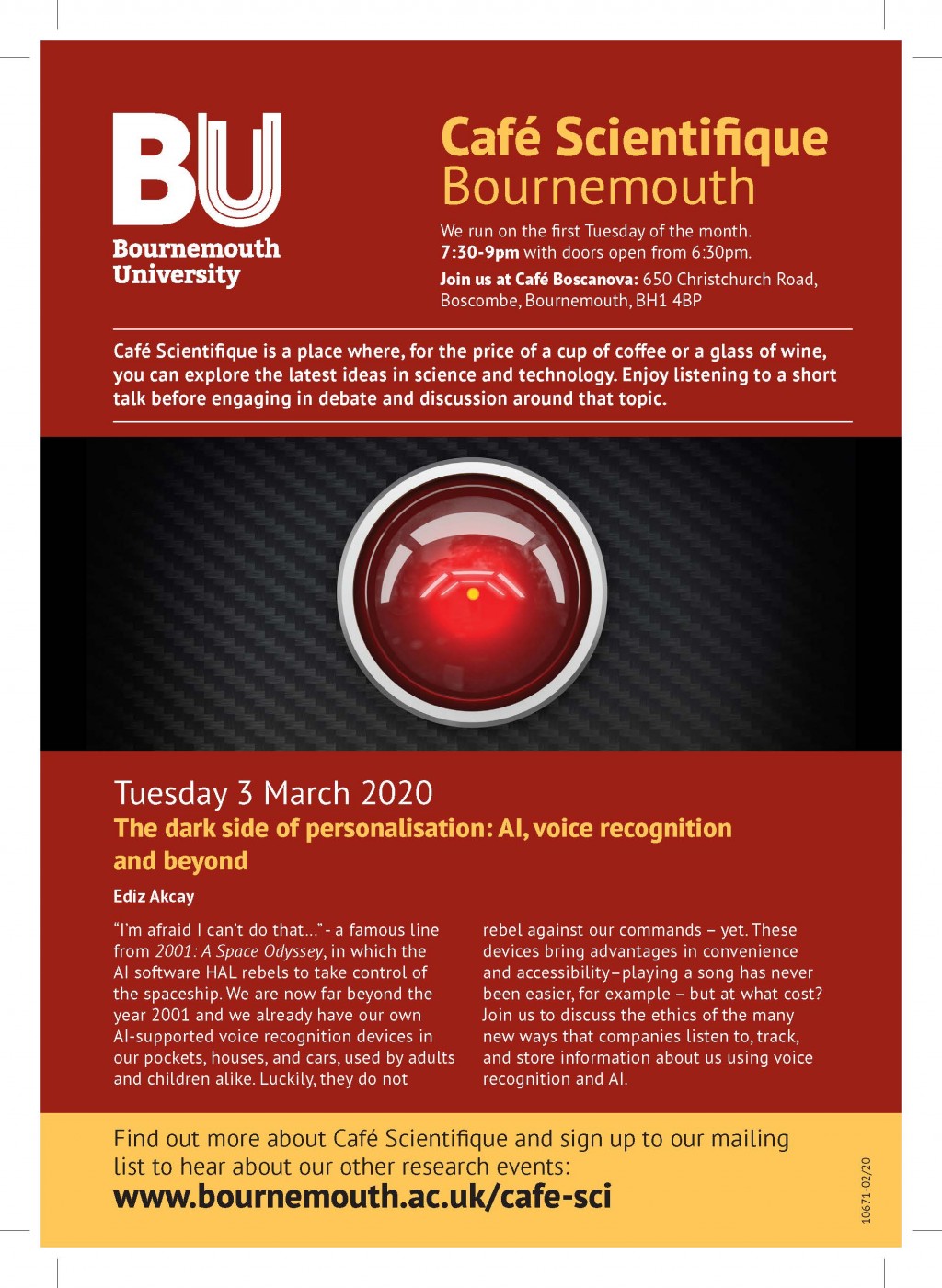

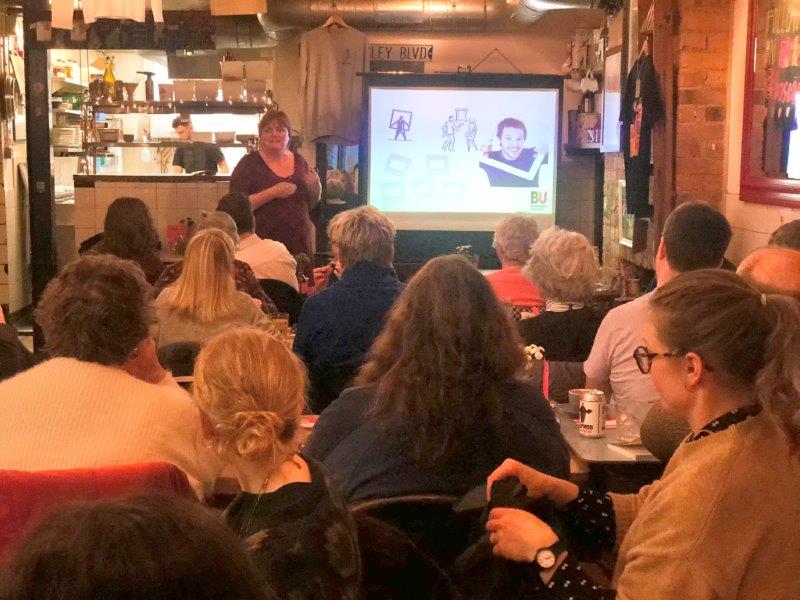
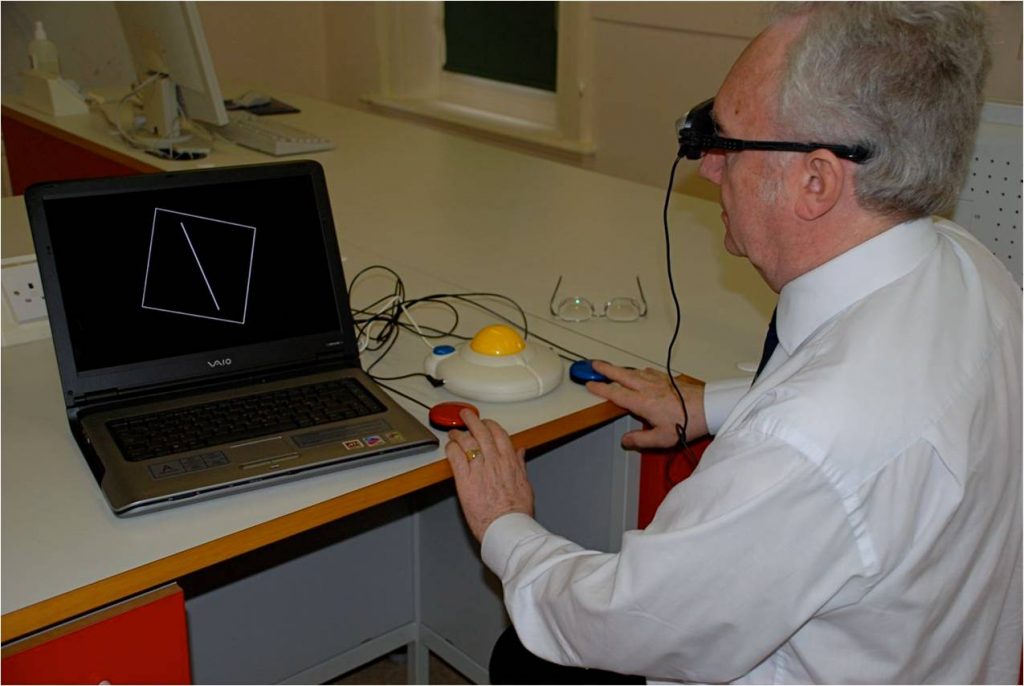
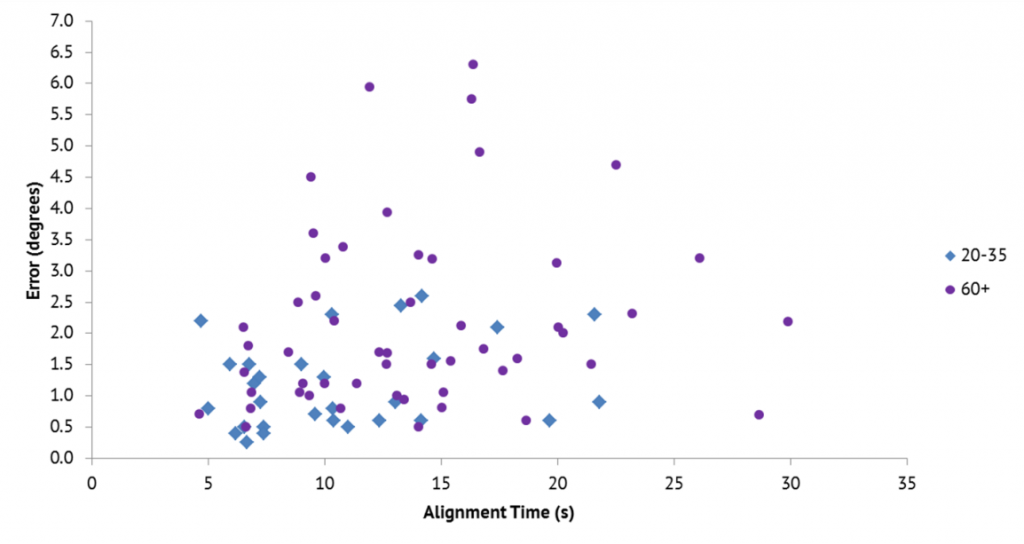 What does this mean?
What does this mean?
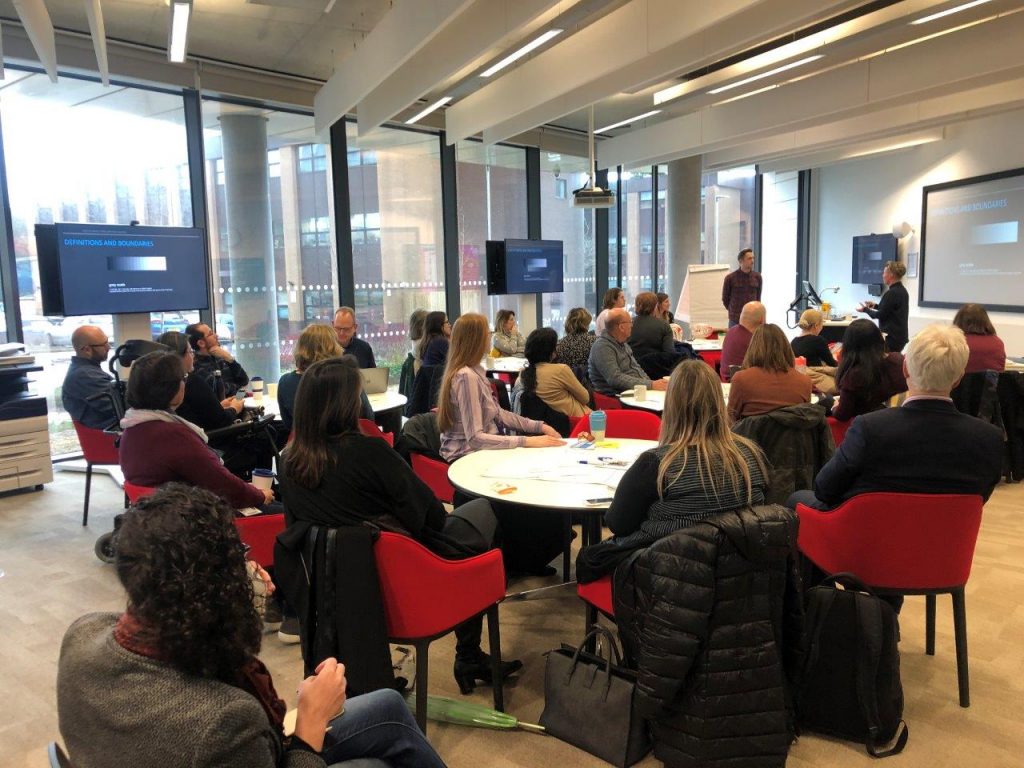
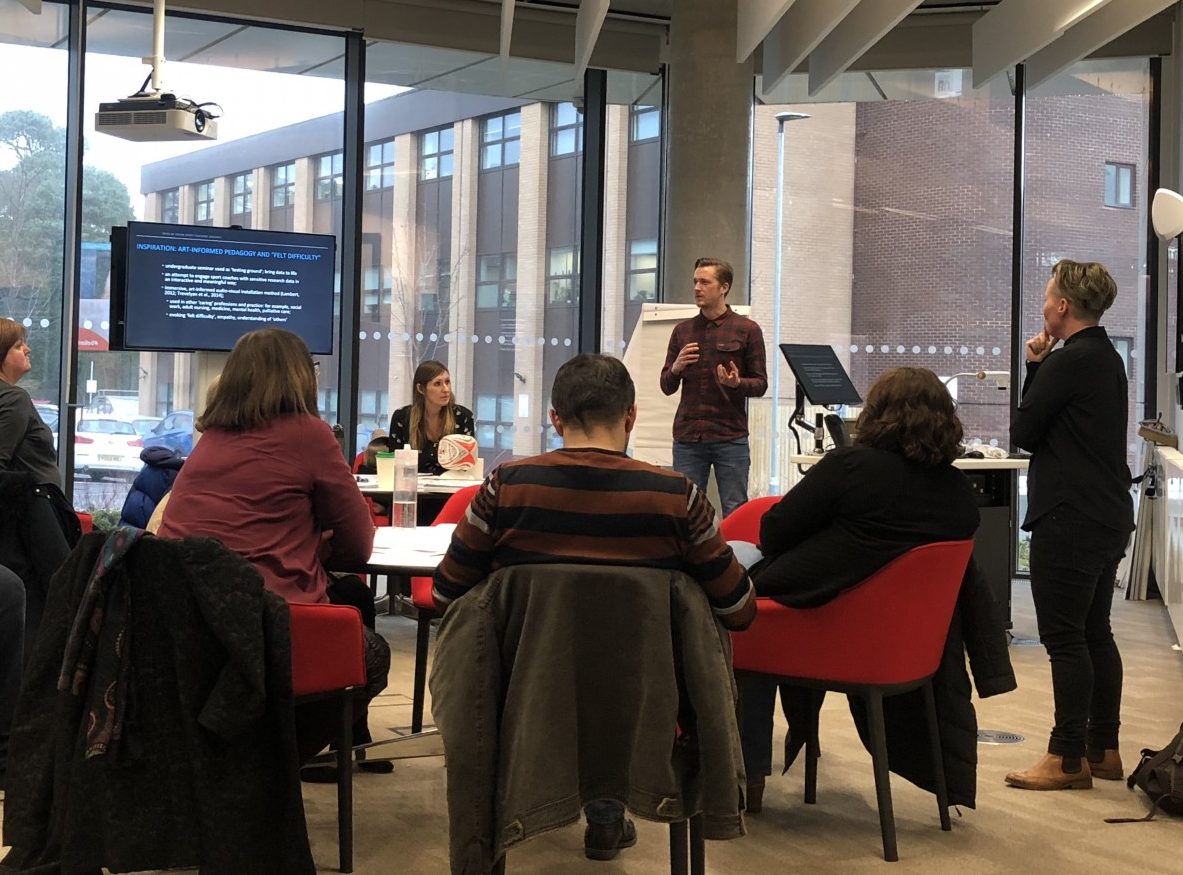















 Read and sign up to BU’s Policy Influence Digest
Read and sign up to BU’s Policy Influence Digest Upcoming opportunities for PGRs – collaborate externally
Upcoming opportunities for PGRs – collaborate externally BU involved in new MRF dissemination grant
BU involved in new MRF dissemination grant New COVID-19 publication
New COVID-19 publication MSCA Postdoctoral Fellowships 2024
MSCA Postdoctoral Fellowships 2024 Horizon Europe News – December 2023
Horizon Europe News – December 2023